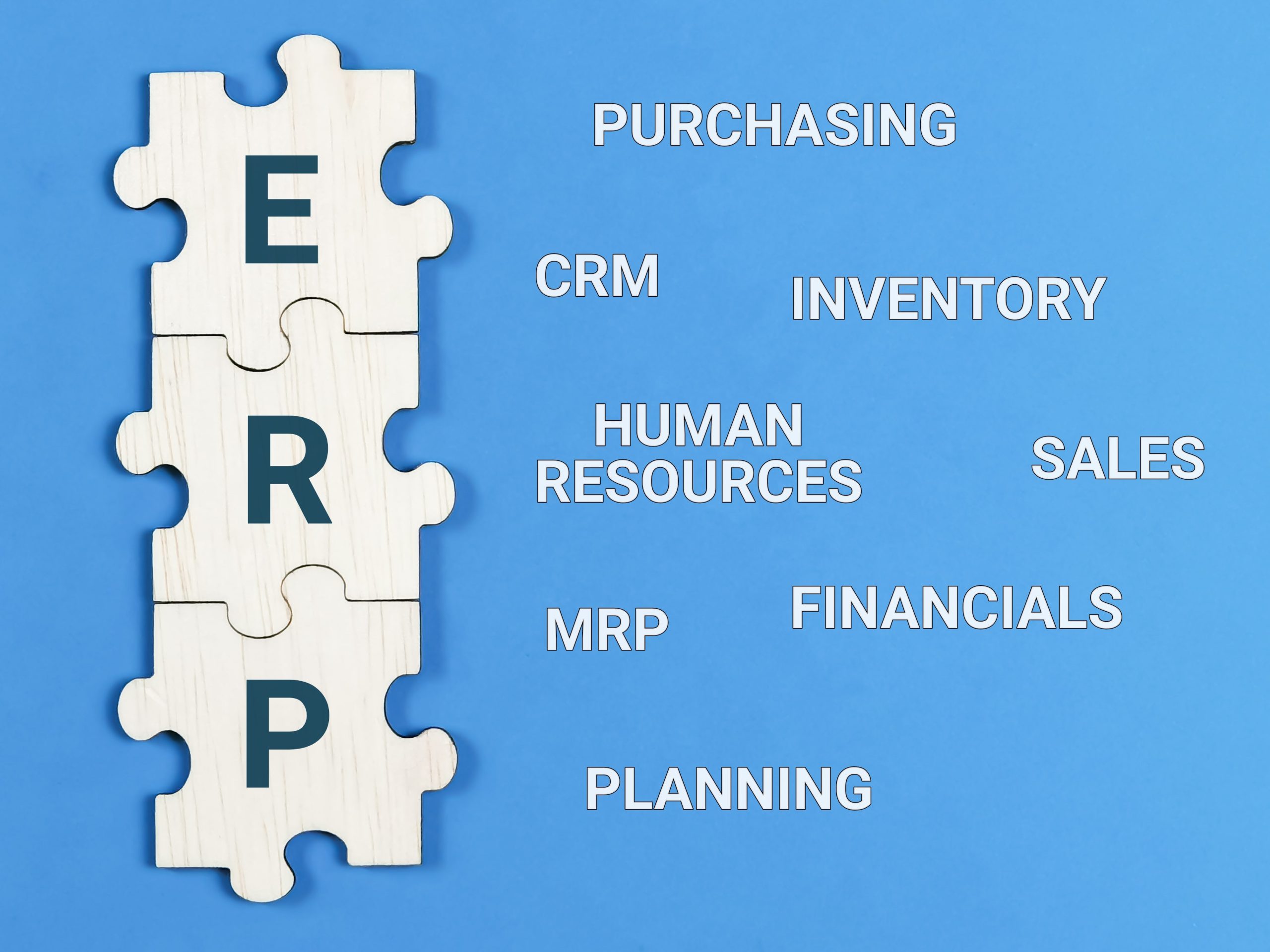
Digitizing the Services space with "Fox ERP for Services"

FoxERP
Services is one of the most consumer-based industries. It is one sector that focuses excessively on consumer behavior to drive profits, leverage profits, and brings efficiency to the businesses.
Unlike the product industry, services drive growth through industry players, put into digital infrastructure, and create digital insights through it.
The services industry thrives at the forefront of the consumers; how the consumers and businesses purchase services add value to the organizations.
From the pricing models to the consumer behavior, the services sector’s entire value chain is quite different compared to the products industry.
Consumers are the king here, who not only ensure the consumer spending but also make up almost 70% of total business output.
Manufacturing, education, and healthcare businesses, among others, engage in sales. At the same time, their specialties differ as per the requirements of the companies.
These organizations not only sell their products to customers but effectively improve their products, processes, facilities, and customer experience.
A recently conducted research suggests that the global market value of the Services industry will reach USD 62 Billion by 2026.
This massive surge in the market value of the services industry attributes to factors such as the rising advent of digitization, growth among businesses, and others.
However, this has not been universal within the entire vertical and often proceeded with the consumers despite traditionally focused processes dominating many firms’ value systems.
The deployment of digital applications by various professional service firms has historically depended upon the business size.
Trends reshaping the services industry
The below-discussed trends tell a lot about the services industry and its correlation with its peers in the digital world.
- Disruption
The current trend among professional service verticals has been to adopt only digital tools that cause minimal shifts within existing processes.
The continuing emergence of new technology creates the potential for some firms to heavily disrupt the sectors and drive growth.
- Automation in Services
Like any other industry, the Services industry also leverages automation to make actionable insights and drive efficiency.
Automation is a critical component of digitization and will become a significant disruptor for professional service firms.
While there have been concerns over automating the key accounting roles, there is excessive downsizing and job reduction for leveraging automation to augment existing tasks that can be applied to the Services sector.
- Emerging Technologies
Emerging Technologies such as IoT, AI, and Blockchain remain one of the most preferred digitization tools in the Services sector.
With the actionable insights derived from emerging technologies, digital solutions are widely executed across the value chain.
“Fox ERP for Services” considers the essential steps involved in the Services business processes. It enhances the services mode, from running the promotional campaign to generating vital leads.
Conclusion
Digitization is transforming the industries massively. From healthcare and education to agriculture and retail, almost every sector is getting digitally altered with the digitized ways of doing business.
“Fox ERP for Services” takes a leap in digitizing the services industry in digitally-driven ways.
Recent Posts

FoxERP
Unleashing the Power of ERP Cloud Migration: Benefits, Challenges, and Options
In the contemporary business landscape, Enterprise Resource Planning (ERP) systems play a pivotal role in driving operational efficiency and facilitating strategic decision-making. With the rapid evolution of cloud technology, organizations are increasingly exploring the option of migrating their ERP systems to the cloud to unlock a plethora of benefits and drive digital transformation.

FoxERP
The ERP Revolution: Navigating Enterprise ERP System Challenges
Enterprise Resource Planning solutions can be a lifesaver for businesses. It enables you to automate all your day-to-day business processes in a centralized and streamlined platform. Today, most business organizations implement ERP solutions like FOX ERP to improve business operations, boost data security and data quality, automate workflows, and enhance customer service.

FoxERP
Unlocking Organizational Success by Embracing the Strategic Roadmap to ERP Implementation
Do you know? The global ERP software market is expected to reach a staggering $78.40 bn by 2026, growing at a CAGR of 10.2%. The global ERP software market is estimated to take over 40% of the market share by 2025.



